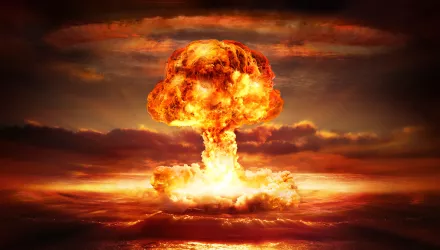Under what conditions do states use preventive military force to forestall or destroy an adversary's nuclear weapons program? If nuclear weapons are so dangerous, why do leaders disagree about the magnitude of the threat posed by specific nuclear programs? Despite the fact that nuclear proliferation has been a growing source of concern, counter-proliferation decision-making remains poorly understood. To address this gap in the literature, this research demonstrates that the decision to use preventive force rests not only on structural factors, but also critically on a leader's prior beliefs about the consequences of proliferation and confidence in deterring a particular nuclear adversary. Conducting comparative and historical analysis using archival research and process tracing, this project examines U.S. decision-making against the Chinese, Iraqi, and North Korean nuclear programs.
Please join us! Coffee and tea provided. Everyone is welcome, but admittance will be on a first come–first served basis.


